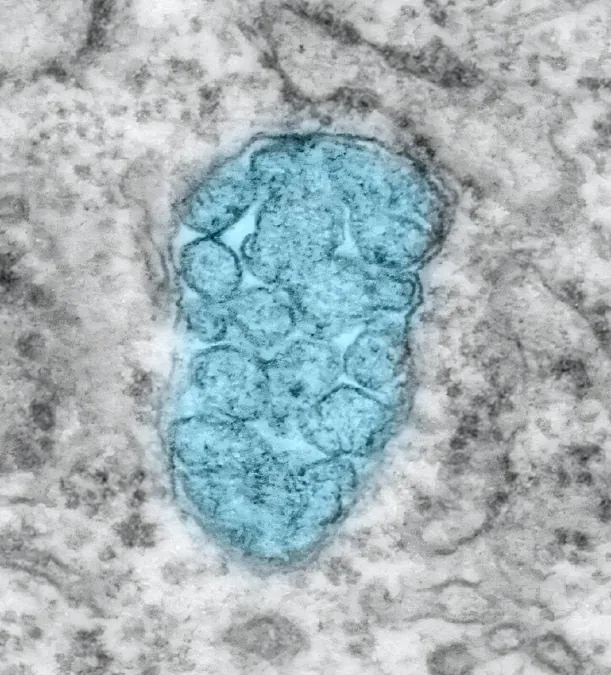
Groundbreaking Discovery: DNA Repair Protein ATR Plays a Vital Role in Mitochondrial Health!
2025-04-03
Author: Rajesh
Groundbreaking Discovery: DNA Repair Protein ATR Plays a Vital Role in Mitochondrial Health!
Researchers from the Leibniz Institute on Aging—Fritz Lipmann Institute (FLI) in Jena have made an astonishing breakthrough by uncovering a new function of the DNA repair protein ATR, which is critical for regulating mitochondrial homeostasis. This exciting finding enhances our understanding of the origins of genomic instability diseases, including the rare yet impactful Seckel syndrome.
In their study, titled "DNA damage response regulator ATR licenses PINK1-mediated mitophagy," published in the esteemed journal Nucleic Acids Research, lead researcher Dr. Christian Marx and his team revealed that ATR, long known for its pivotal role in responding to DNA damage, is also essential for maintaining mitochondrial health. By ensuring cellular growth is halted when DNA is compromised, ATR activates crucial cellular checkpoints that preserve overall cellular integrity. Mutations in the ATR gene are linked to Seckel syndrome, which manifests itself through dwarfism, microcephaly, intellectual disability, and accelerated aging.
What's especially groundbreaking about this study is that ATR is found not only in the nucleus but also in mitochondria—the cell's energy powerhouses. The protein interacts with PINK1, a central player in the mitochondrial quality control process called mitophagy. This process is responsible for eliminating damaged mitochondria, thereby shielding cells from the adverse effects associated with dysfunctional mitochondria. Without ATR's involvement, PINK1-mediated mitophagy is effectively silenced, which could have dire implications for cellular health.
This monumental discovery offers insight into the complexities of genomic instability syndromes and neurodegenerative diseases, as well as the broader implications of aging. It hints at potential new strategies for treating conditions such as Seckel syndrome, particularly through the enhancement of mitochondrial quality control mechanisms or by targeting the harmful reactive oxygen species produced by malfunctioning mitochondria.
Key Takeaways from the Study:
1. ATR's dual localization in mitochondria and the nucleus highlights its vital role in mitochondrial quality control.
2. The protein functions as a guardian of genomic and mitochondrial integrity, ensuring tissue homeostasis in both normal and stress-induced conditions.
3. This newly identified role of ATR in mitophagy sheds light on its physiological importance concerning neurodegenerative diseases and the aging process.
The implications of this research could truly reshape how we approach treatment for not only Seckel syndrome but also various neurodegenerative disorders, potentially leading to groundbreaking therapeutic interventions aimed at restoring mitochondrial function and promoting healthy aging.
Stay tuned for more updates on this exciting development in genetic research that could change the future of medical science!



 Brasil (PT)
Brasil (PT)
 Canada (EN)
Canada (EN)
 Chile (ES)
Chile (ES)
 Česko (CS)
Česko (CS)
 대한민국 (KO)
대한민국 (KO)
 España (ES)
España (ES)
 France (FR)
France (FR)
 Hong Kong (EN)
Hong Kong (EN)
 Italia (IT)
Italia (IT)
 日本 (JA)
日本 (JA)
 Magyarország (HU)
Magyarország (HU)
 Norge (NO)
Norge (NO)
 Polska (PL)
Polska (PL)
 Schweiz (DE)
Schweiz (DE)
 Singapore (EN)
Singapore (EN)
 Sverige (SV)
Sverige (SV)
 Suomi (FI)
Suomi (FI)
 Türkiye (TR)
Türkiye (TR)
 الإمارات العربية المتحدة (AR)
الإمارات العربية المتحدة (AR)